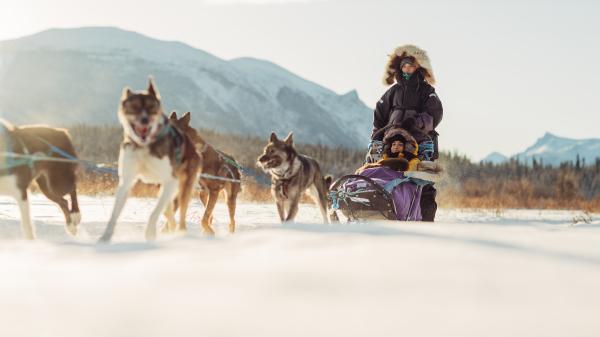Hub
Quelle sera votre prochaine activité?

Pour ajouter à vos favoris un élément qui vous intéresse, cliquez sur l’icône de cœur et continuez à explorer sans tracas!
Créez un compte pour accéder aux recommandations d’activités personnalisées, enregistrer vos favoris, et recevoir du contenu exclusif par courriel.
Vous êtes une entreprise? C’est par iciQuiz du voyageur